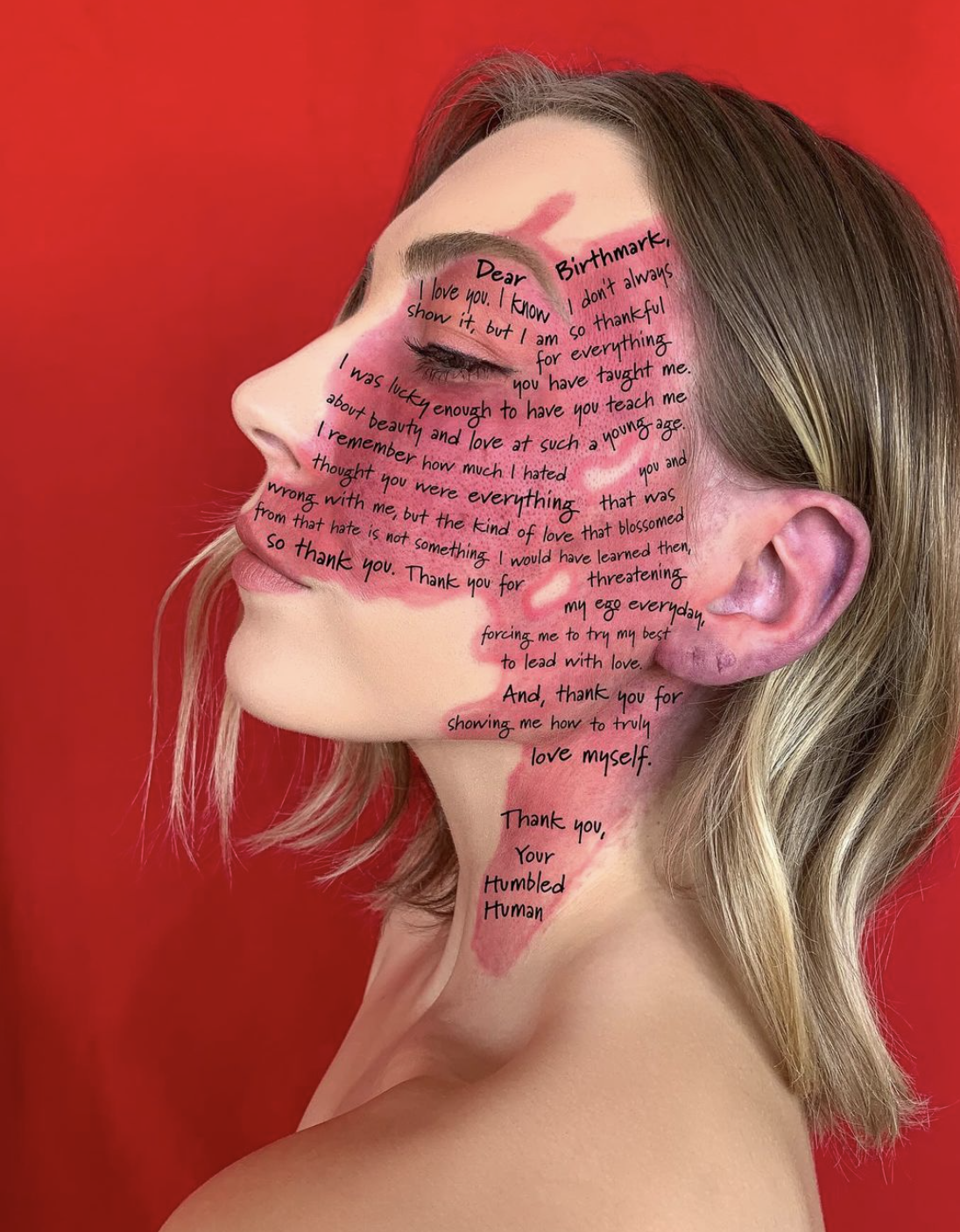The Real Kind of Influencers We Should All Be Following
We missed something out of the headline of this blog. That something is a word. That word is: disabled.
Here's the thing about labels and language: sometimes it's just not enough. Or too much. Sometimes it insinuates something that doesn't quite translate. Sometimes it makes a reader feel or react a certain way or believe a certain thing, before they've gone any further.
Sometimes one word isn't enough to capture the complexity of a conversation or the true beauty of a person.
The influencers in this blog all HAVE a disability. They are not their disability. And their disability shouldn't define them. They are incredibly powerful, influential, impactful and inspirational human beings who have taken what most might consider a shortened straw and used it to change the lives of others.
If there's anything that can remind us just how precious this one life is, it's the story of a person who takes any lemons life throws their way and makes lemonade.
We're celebrating these wonderful humans because they have a disability and don't let it stop them, yes. AND because they're a great example of what unjust bias and labels can do when we let them (or when we refuse to).
Having a disability is a superpower, these people are superhuman. But, had we put the word in the title would you have immediately thought so?
They are influencers with disabilities. Not disabled influencers.
Sophie Morgan
Handle: @sophlmorg
In 2003, Sophie Morgan became paralysed from the waist down after a car crash. While recovering, she worried that she’d never be able to live a normal life…this was far from the truth. She is a model, Author, TV Presenter and Advocate.
“I celebrate my body all the time, I celebrate that I am alive, I celebrate that I am still here. I celebrate that I can be in this world and do the things I want to do” - Sophie Morgan
She is one of the few female wheelchair users with her own travel television series, the hit U.K. show Living Wild: How to Change Your Life and was also lead presenter of the 2021 Summer Paralympics in Tokyo on Channel 4—she uses her platform to demand an equality of experience for all people with disabilities.
David Negron
Handle: @david__negron_
In 2008, David was caught in a drive-by shooting intended for someone else, that left him paralysed from the waist down. This didn’t slow him down to continue his passion for modelling and for the fashion industry.
He is now a model, actor and motivational speaker and excited to be representing the disabled community as the fashion industry is finally making spaces of inclusion truly inclusive.
“Disability representation has come a long way. Previously it was difficult to travel and get around. I’m very thankful to be a part of this movement in the right direction.” - David negron
David believes that people with disabilities have historically been perceived as people to pity or assume their life is ‘awful’ - but it couldn't be further from the truth.
“There’s a whole other side of disability that’s full of strength, beauty and resilience.” He shares. Negron is “happy to participate in a shoot that shows the real, authentic side of the disabled community that many people overlook or don’t get to see.”
Viktoria Modesta
Handle: @viktoriamodesta
Viktoria Modesta has been modelling since she was 15 years old, however at 20 she decided to get her left leg amputated because she felt held back by her birth defect.
At the be start she modelled without a prosthetic, but eventually fell in love with wearing different prosthetic legs for different outfits and shoots and has become well known for her bold, avant-garde prosthetic legs, such as a leg covered entirely in Swarovski crystals, or a pointed black cone-shaped prosthesis.
“I subscribe to the idea that every day can be a fresh start. A change in your routine, a shift in your perspective of the world and your relationship with it. Staying hopeful is not easy, believing is not easy.. but training that intuition muscle to get you back into the place of new possibilities does give you a superpower.” - viktoria modesta
Viktoria has appeared in i-D, The Times, PRS Magazine, Notion, LOOK, Wonderland, and Grazia UK and Italia and is currently working on developing a prosthesis-focused fashion business inspired by Alexander McQueen and Matthew Barney.
Melissa Koole
Handle: @melissakoole
Melissa Koole is an accomplished plus-size model and in 2017 she revealed that she has Asperger’s Syndrome, a form of Autism, with worry that brands wouldn’t hire her knowing that the fashion industry is a very social one, those with Asperger’s often struggle when it comes to communication and social interaction.
However, her career was not affected at all and she grew in popularity becoming an advocate for the Autistic community.
“When my agency approached me and asked if I wanted to talk about my autism outside of the borders of my private life, I was thrilled (and still a little scared). Finally it was my chance to talk about something I'm so passionate about. The fashion industry is changing; representation in size, age, gender, and race is getting pushed out there. But I'd like to shine a light on what's outside of all those look-related components, and there is no better timing than today.”
She has since modelled for Coach, Eloquii, and Vera Wang, has walked the runway for Addition Elle, and appeared in Indie Magazine. She hopes to empower and inspire others who are scared that Autism will limit their opportunities.
Lauren Wasser
Handle: @theimpossiblemuse
Lauren Wasser has been modelling since she was a teenager, but in 2012, when she was 23, she lost her right leg due to a nearly-fatal bout of Toxic Shock Syndrome and once recovered began rocking a golden prosthetic leg, which the fashion industry loved working with. In January 2018, she then also had her left leg amputated due to ongoing complications from the TSS. This has not slowed her down and she is once again striding down the catwalks, proudly redefining the concept of beauty while bringing women’s-health issues into the limelight.
“Seeing beauty is being able to look at another person in their humanity.” - Lauren wasser
She has since been featured in Time Magazine, Elle Magazine, Bazaar Magazine, People Magazine and more, and has walked in countless runway shows, including the Kenneth Cole F/W 16 show, the Chromat F/W 16 show, and the Chromat S/S 17 show in New York Fashion Week.
Lauren is now an advocate for TSS awareness and prevention as well as the acceptance of disabled models in the fashion and modelling industries; she was also named in the Forbes 30 Under 30 list.
bottom line
It is impressive to see an increase in recognition and acceptance of disabled models in the fashion and entertainment industry.
Even though these industries that are in the spotlight of what viewers see on TV’s and Billboards, and many disabled models have faced some challenges when attempting to secure agency representation due to their disability, they still have a way to go, but it is gradually becoming more inclusive, welcoming models of all body types, shapes and sizes, including those with disabilities.




